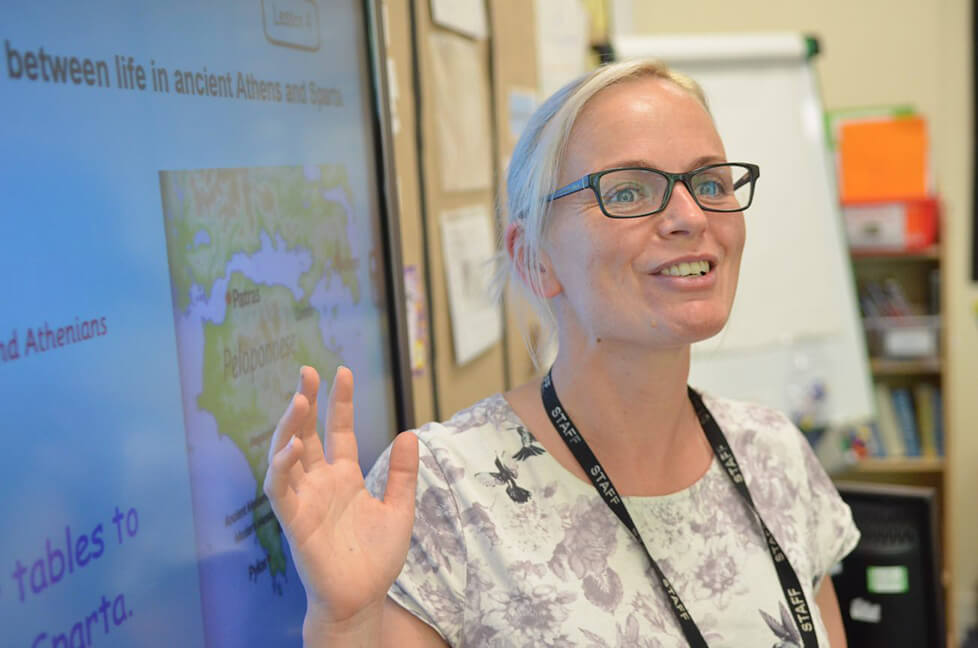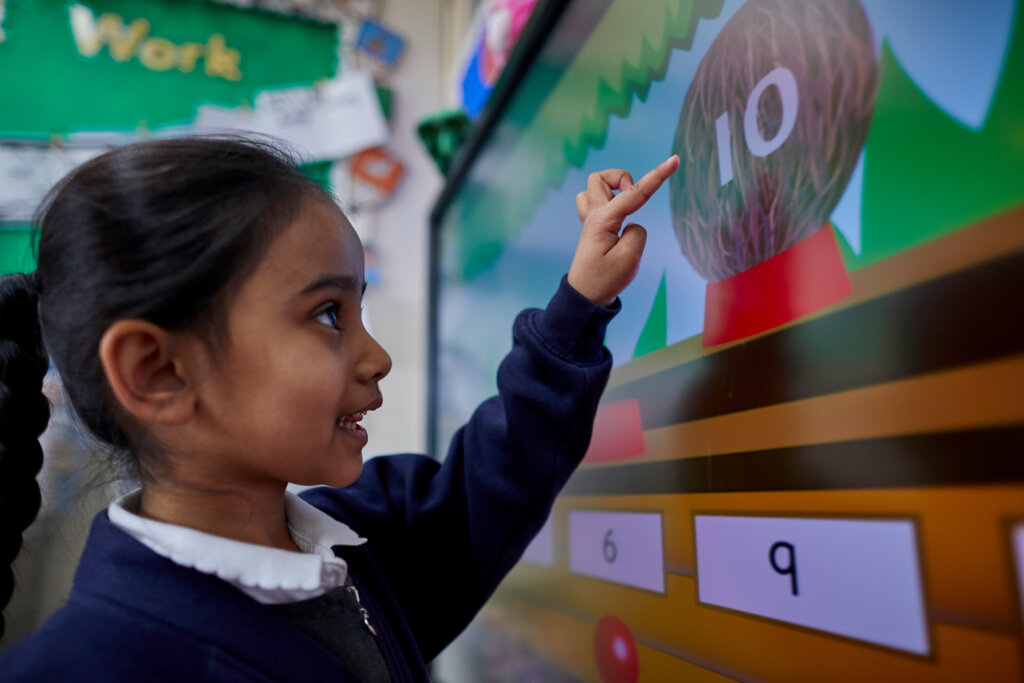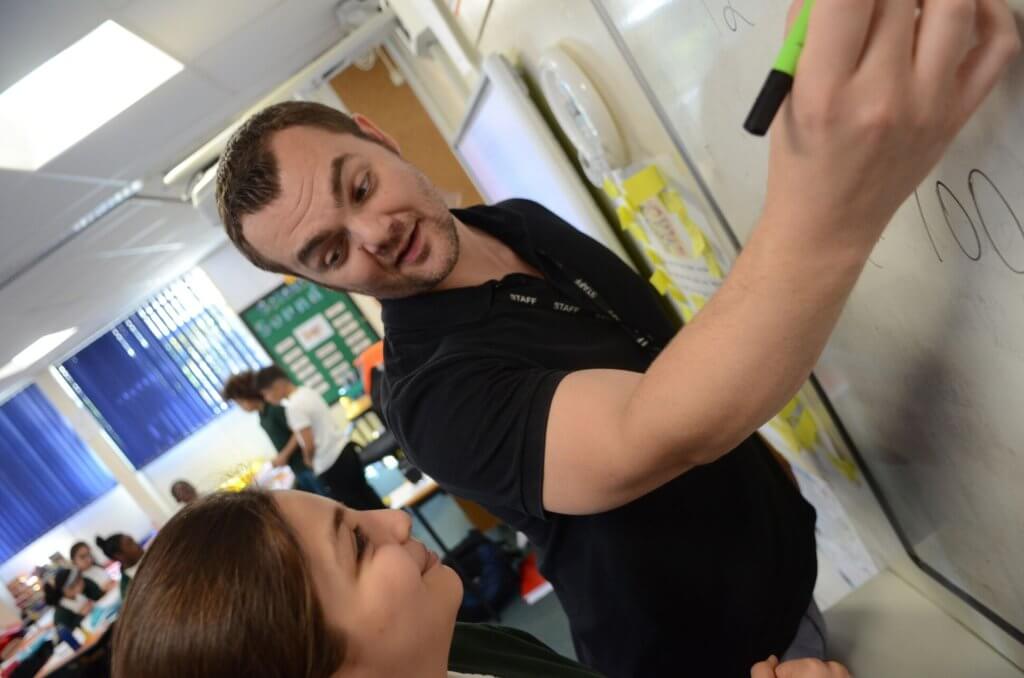On 2 June 2021, the Department for Education announced the next step in the government’s plans to support children and young people make up for lost education as a result of the pandemic. Research from EPI for the Department for Education (DfE) published on Friday 4 June underlines the importance of supporting education recovery. The data analysis found that by the 2021 spring term, pupils had on average lost over 2 months in reading and over 3 months in maths as a result of the pandemic.
In my last blog we discussed how schools would have been impacted by the loss in pupil premium, this package is in no means to replace the loss in Pupil Premium, however, the recovery plan will have been a welcoming initiative for some Business Managers and School Management, others may argue it is not enough. EPI analysis has shown that the package amounts to around £50 per pupil per year. Other sectors may argue it is a huge investment and will it be worth it?
In my opinion (putting my economic hat on now) compared to the cost of not investing, a £15bn investment pales in comparison. Time in school will improve children’s cognitive skills, prolonged absences from school will have had an impact on skill growth. We now know that the skill level of a country has a strong influence on its economic growth rate. This is an issue for the 13 cohorts who have lost skills and education due to school closure. Therefore, beginning in the mid-2030s, the skills of all 20-year-olds will be significantly be lower than their original skills. In the next 40 years, one-third to one-quarter of the workforce will have fewer skills. Lost learning, reduced skills, reduced economic growth, reduced taxes. Therefore, almost any policy is worth mitigating this loss.
Data Implication From the data management perspective, this means the DfE will require education settings to monitor the funding and record the spending. For academic year 2021/22, the DfE has published some very late changes to its CBDS (Common Basic Data Set) for academic year 2021/22 which will be needed for schools to record the funding.
Some aspects of the education recovery initiative may continue for academic years 2022/23 and 2023/24, but to some extent this will depend on the success of this initiative for academic year 2021/22, as indicated via the school census and other sources of data used for such decisions.
State schools in England will need to store positive answers at an individual learner level to the following question for Primary and Secondary phase for each of the three school censuses of academic year 2021/22.
Is the pupil in receipt of school led tutoring programme*?
*Pupils taught in NC years 1 to 15, or aged 5 to 15 on 31/08/2021 for NC year X in a special school.
In addition, state schools in England will need to store the cumulative (since the start of the academic year) total number of tutoring hours the pupil has received as at the Spring and Summer census days to the nearest 0.5.
ESS are planning to provide facilities for storing this information in SIMS.net via a new menu route in Tools | Statutory Returns Tools. This will require changes to both the front end and database for SIMS 7 and the solution will be made available via Workstation Patch 1 for the SIMS 7 Summer Release 2021.
The data recorded in these new fields will apply from the start of academic year 2021/22, with most of the new data reported to the DfE by School Census Autumn 2021, with the Spring and Summer school census also expanding so that all the new fields are reported to the DfE before the end of academic year 2021/22.
Our SIMS Team will continue to update schools on these changes via email. If you are not receiving our emails, we may need to update our records for your school. Please contact our helpdesk on 0161 276 0101 or email ictsupport@oneeducation.co.uk.















